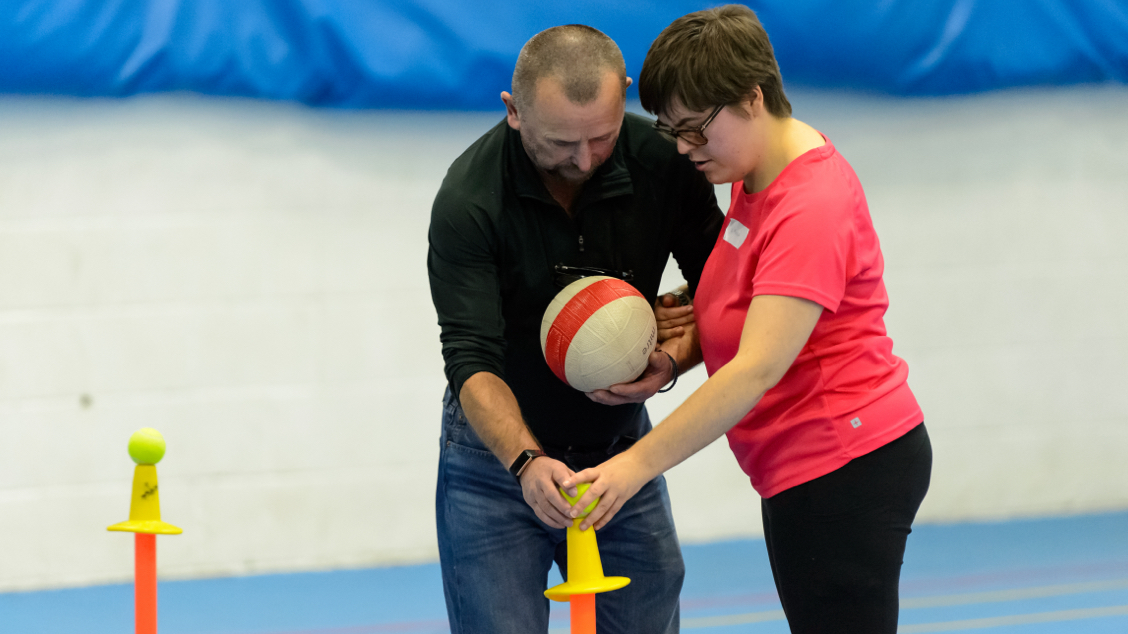Timeline
1 week.
Inclusive recruitment
Due Diligence -It is at this stage in the process you may also wish to start collecting references. Ask each candidate for two referees’ contact details and where you can collect a verbal reference for each of the candidates.
Location - Take time to consider the location of the interview. Make sure it is an accessible location and plan a visit in advance so you are aware of the access points for a candidate with access needs.
Timing – Be flexible with timing so candidates with caring responsibilities and work are able to attend the interview.
Panel - Make sure a diverse panel is involved to mitigate risks of unconscious bias.
Information Gathering - Candidates will want to find out more about your organisation and board too, so make opportunities for them to do this by considering informal conversations with key stakeholders and discussion and/or focus groups

Recruitment in action
Interviews
Develop your interview questions as a Nominations Committee and ensure there is input from all members. When assessing specific skills and experience ask for examples. Develop a set of questions that are linked to the success criteria as highlighted in the role profile. Ensure that these are the same for all candidates so that you are able to compare responses in a fair and consistent way. This does not mean that you cannot ask different questions based on candidates’ specific experience, but it’s important that you have set areas that your are covering with each candidate.
Panel
Make sure a diverse panel is involved to mitigate risks of unconscious bias. Having as diverse a panel of interviewers as possible will make candidates more comfortable as well as demonstrating that your organisation is inclusive and welcoming. Depending on the makeup of your existing board, this might mean involving stakeholders, staff, athletes, service users or volunteers.
Selection
Culture is important to the identity of any organisation and it’s worth considering how candidates will add to your culture rather than fit it.
Being aware of how unconscious bias can impact recruitment. One way of mitigating this is to assess CVs blind by removing the name, gender and age, and by ensuring that a diverse set of stakeholders participate in selecting candidates, are ways that can help fight against unconscious racism, ageism, and sexism and bias against disabled people.
Do not stand candidates down until you have had the offer accepted. Give yourself some time and manage expectations on when people should expect to hear about the outcome of their interview
Candidate care
Provide as much feedback as possible to unsuccessful candidates. Remember that each candidate in the process will have formed an impression of your organisation, through the people they’ve met, how they’ve been treated and communicated with, and how they’ve been supported through the process.
Everyone I’ve dealt with has looked at me as an individual, not just a candidate, and responded to my needs.
Measuring Success - Candidate Engagement
Providing honest and constructive feedback will help candidates in their own development, and it will help you maintain a relationship with a wider network of individuals who are already interested in your organisation. Assessing candidates against core requirements in your brief ensures a skills-focus and gives a framework justify your selection as a panel. Being clear from the outset about success criteria and the metrics you’re using to select and appoint will be essential in providing fair and consistent feedback to unsuccessful candidates.
Expert help
A search firm can develop interview guides, and support on the assessment and interview stage. They can conduct interviews with shortlisted candidates and provide summary on each candidate. This includes detail on strengths of each candidate, areas for consideration and can also provide commentary on candidates who are not recommended.
The search partner will then manage the communication to both successful and unsuccessful candidates to provide feedback and coaching as appropriate.
